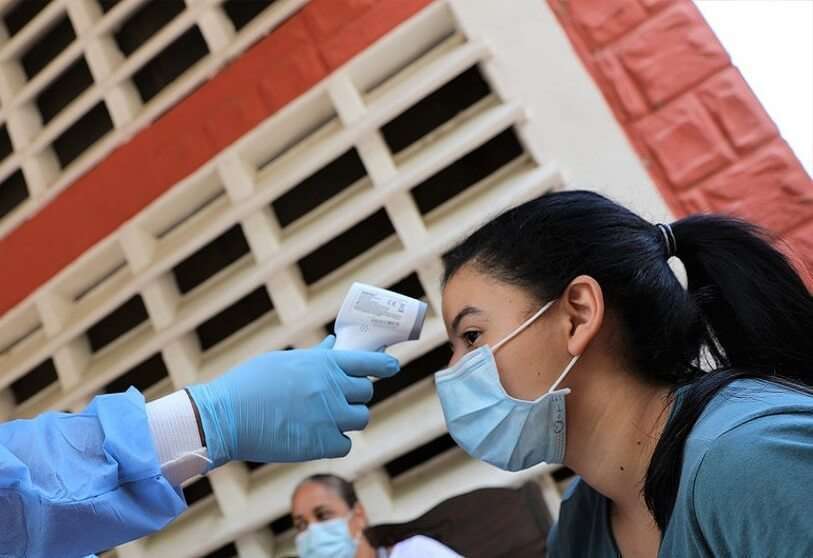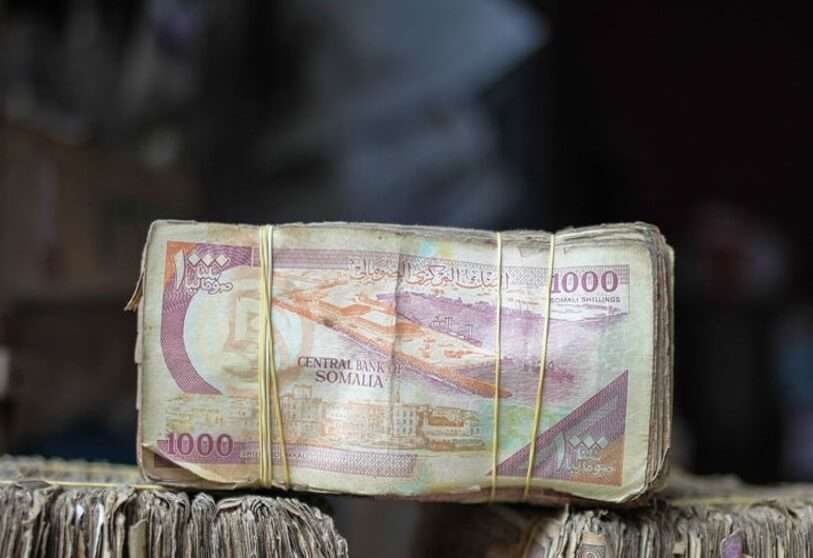Tax evasion in Latin America: an obstacle to recovery from the coronavirus crisis

Fiscal policy must play a central role in mitigating the social and economic crisis created by the pandemic and provide the necessary impetus to achieve a revival of economic activity to guide Latin America towards sustainable and inclusive development in a post-COVID-19 world, says the United Nations Economic Commission for Latin America and the Caribbean in its Fiscal Panorama of Latin America and the Caribbean 2020.
The pandemic, the report says, has exposed deficiencies in social protection systems, both in the labour market and in social security systems, and in the crucially limited provision of high-quality public goods and services.
Therefore, Latin America must accelerate the transition to social welfare states that guarantee better living conditions for all and provide a solid foundation for sustainable development by reducing inequality, strengthening social protection systems - including the adoption of a universal basic income - and providing quality education and health systems, and quality pension systems, the report emphasizes.
In this regard, fiscal policy should contribute to the achievement of these goals through a progressive and efficient tax system and effective and equitable public spending that gives priority to meeting the needs of the region's societies.

The report analyzes the fiscal response of the countries in the region to the human and economic crisis caused by coronavirus disease and highlights how quickly the countries have reacted to the crisis by adopting fiscal packages that represent, on average, 3.2% of the gross domestic product (GDP) of Latin American countries.
These packages include public spending measures, tax relief and liquidity support backed by the Governments of the region. However, the report notes that fiscal policy management is currently complicated by an unfavorable and highly uncertain macroeconomic environment.
"In addition to the increases in public debt observed over the last decade, due to the pandemic, countries are facing drops in tax revenues as a result of the contraction in economic activity and lower prices of commodities, while spending needs are increasing rapidly to mitigate the social and economic effects of the pandemic," the Commission's experts note.
In this context, "it is important to note that one of the main barriers to greater domestic resource mobilization in the region is the high level of tax evasion," the report states. According to the latest notifications from the UN Economic Commission for Latin America and the Caribbean, tax evasion stood at $325 billion in 2018, equivalent to 6.1% of gross domestic product.

Corporate income tax evasion in the region is particularly severe. The tax systems in some countries generate less than 50% of the income from this tax that they are supposed to, resulting in tax gaps of between 0.7% of GDP and 5.3% of GDP.
In response to this challenge, the countries of the region are developing a series of actions and innovations to limit opportunities for tax evasion and thus promote the mobilization of domestic resources to finance the Sustainable Development Goals of Agenda 2030, the report adds.
"However, these measures must be strengthened in order to generate domestic financing to address the medium-term challenges posed by the pandemic," they add. "If increased spending is accompanied by new taxes or changes in current rates, revenues could be increased. If, however, debt is used, the change in expenditure level does not lead to a change in revenue collected in the short term".
The impact of COVID-19 on many economic and social aspects makes the action of the State through fiscal policy in general and public expenditure programmes in particular more relevant, the publication stresses. Between 2000 and 2018, the growth in public spending in Latin America was due to increased spending on social policies. In particular, spending on health, education and social protection rose from 1.5%, 2.9% and 3.2% of GDP in 2000 to 2.3%, 3.9% and 4.0% of GDP in 2018, respectively.
However, as the social effects of the pandemic show, these spending levels are insufficient to meet the social demands facing the countries of the region and to provide quality public goods and services. In addition, the report states that fiscal consolidation policy in recent years has cut growth in social spending and led to a contraction in capital spending, particularly those related to investment in transport. According to the Commission, to the extent that the region overcomes the health contingency, an opportunity will open up to rebuild a better reality for the countries of the region, with more inclusive and egalitarian societies.









